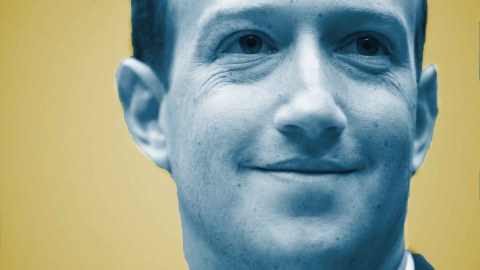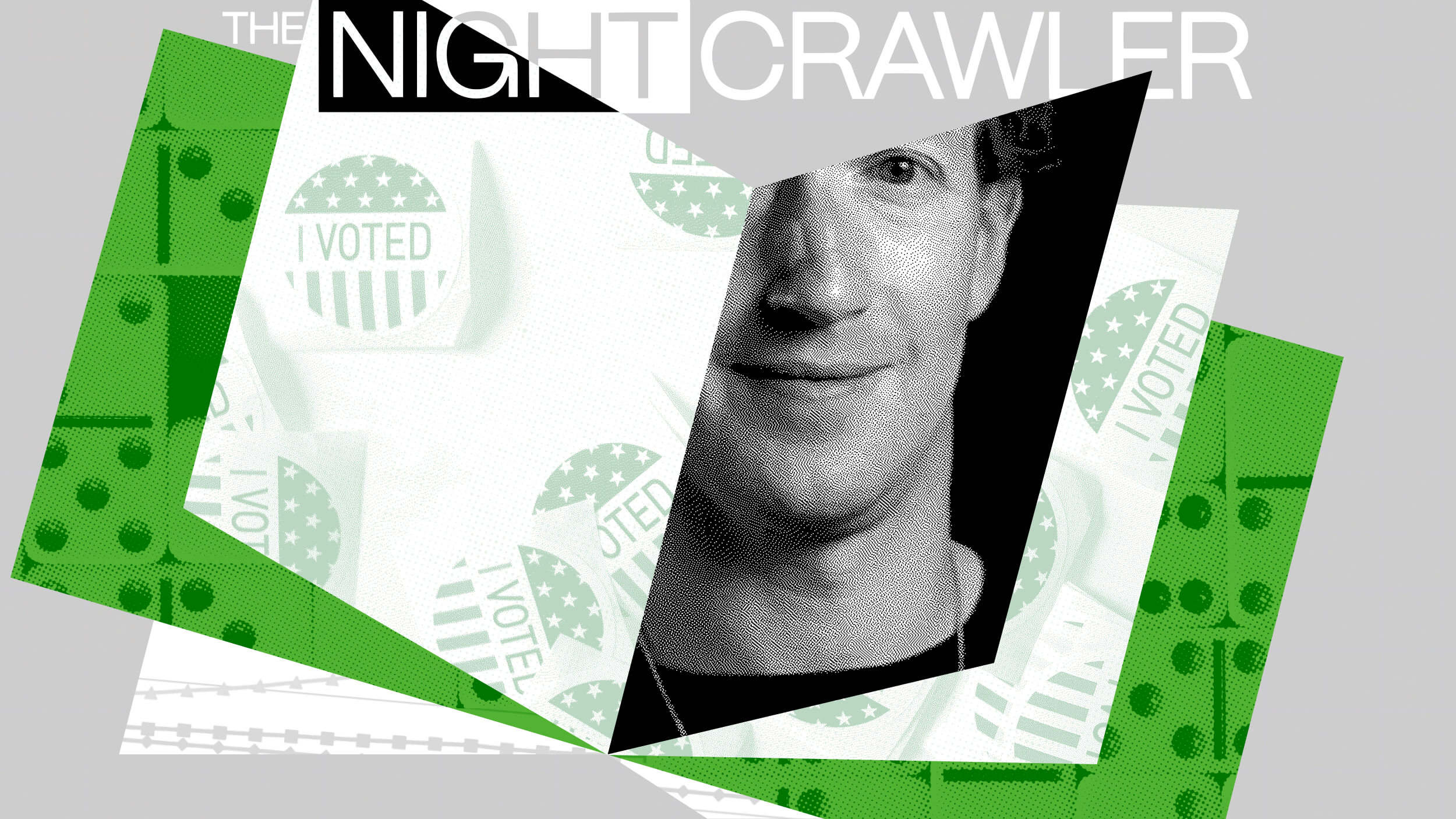Mark Zuckerberg sets an example for entrepreneurs, but is it a good one?

Is it time for faith communities to reclaim the role as moral teachers in American business? Let’s look at what Mark Zuckerberg had to say during his recent Senate testimony:
“I think the mistake we made is viewing our responsibility as just building tools, rather than viewing our whole responsibility as making sure those tools were used for good.”
Mark’s comment raising an important question in American business: Who today teaches us what’s ‘good’?
Having done some work with tech companies, Zuckerberg is the product of a generation that believes human problems are mechanical problems—change the algorithm and you can bring the world together for world peace. That is an entirely novel conception of how to create positive change in the world, and not one widely shared.
Without a common understanding of what is good, American business practices today are simply transactional and focused simply on what is profitable. One smart, young entrepreneur recently pointed out to me a profound observation about the rising generation, “We learned about what’s good in business from the Facebook movie. Basically, it taught us that the morality of leaders matters less than the ability to win. Stealing intellectual property (IP) might cause some problems in the short run, but if you can pull it off you can earn millions and become a celebrity.”
Over the past fifteen years, I’ve provided strategic coaching to over 200 social entrepreneurs. Their innovative business ventures seek to make the world a better place through both social impact and financial return. While there are plenty of places to teach them their business model, there are almost no places in American culture that teach them how to develop their moral leadership.
The collapse of religious affiliation and condescending views toward spirituality among the rising tech generation means spiritual leaders have forfeited their role teaching of the good.
The rising generation is marked by a sincere desire to make a profound social impact. And, at the same time, they continue to score higher on the Narcissistic Personality Inventory and are more depressed and anxious than previous generations.

The most successful social venture leaders I’ve worked with have found their moral compass usually through three primary paths: family, faith or through their own personal search. Most have tried and failed at something; have worked through a “long dark night of the soul.” They have built up a powerful, non-transactional social network and exhibit the traits of humility, curiosity and integrity.
In addition to my work with social ventures, I pastor a Swedenborgian church in downtown DC. This past year, we hosted a series of dinners and a gathering of “spiritual entrepreneurs” from around the country. Their vision is to marry together the process of building your social venture business model, including business plan and fundraising while also developing their inner, spiritual life through prayer, service and purpose work. All houses of worship should consider this as part of their mission.
The global challenges facing the rising generation are daunting. To change the world, we all need to work to become better people and create sound business models as we humbly moving forward to become tools for good.
Rich Tafel is Managing Director at Raffa Social Capital Advisors, Pastor of Church of the Holy City and Co-Founder to The American Project at Pepperdine School of Public Policy.





